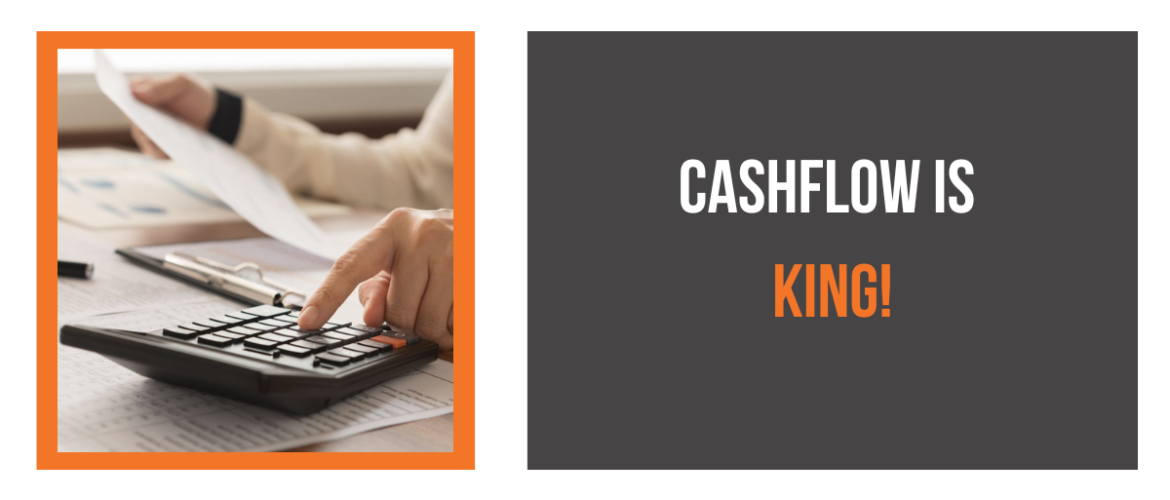GET IN TOUCH TODAY!
"*" indicates required fields

For self-employed personal trainers, managing your finances is essential to ensuring long-term success and stability. With variable income, business expenses, and future financial planning all in your hands, staying organised is key. This guide outlines the crucial steps to mastering your personal trainer finances, so you can build a secure financial future.
Navigating taxes and financial obligations as a self-employed personal trainer can be tricky. Hiring a qualified accountant helps you maximise deductions, stay compliant with tax regulations, and optimise your business structure, whether that’s as a sole trader or a limited company. This professional advice ensures you’re set up for financial success.
Unlike employees who may benefit from workplace pensions, self-employed trainers need to take charge of their own retirement planning. Setting up a private pension, such as a Self-Invested Personal Pension (SIPP), allows you to save for the future while taking advantage of tax relief. This is a vital step in securing your financial well-being later in life.
Income for personal trainers can be unpredictable. To protect yourself during slower months or in case of unexpected expenses, aim to save enough to cover 3 to 6 months of essential outgoings. This financial safety net, or “war chest,” will give you peace of mind and protect your business from unforeseen disruptions.
Managing your income and expenses manually can be time-consuming and prone to error. Using accounting software such as Xero allows you to automate tasks, keep track of expenses, and generate useful reports. This helps streamline your financial management, giving you a clear view of your cash flow and making tax preparation for you or your accountant much easier.
Keeping your personal and business finances separate is one of the simplest ways to stay organised. A dedicated business bank account helps you manage cash flow, track business expenses, and simplifies your tax reporting. By funnelling all business-related transactions through this account, you ensure clearer financial records and better control of your money.
Effective financial management is critical for self-employed personal trainers. By hiring an accountant, setting up a private pension, building an emergency fund, using accounting software, and opening a business bank account, you’ll set the groundwork for financial success and long-term security.
Are you ready to master your personal trainer finances? Sign up for our exclusive workshop, “Creating a Thriving Personal Training Business“, and gain expert insights on building a solid financial foundation for your business. Don’t miss out on this opportunity to secure your financial future. Book your place now and start securing your financial future today!